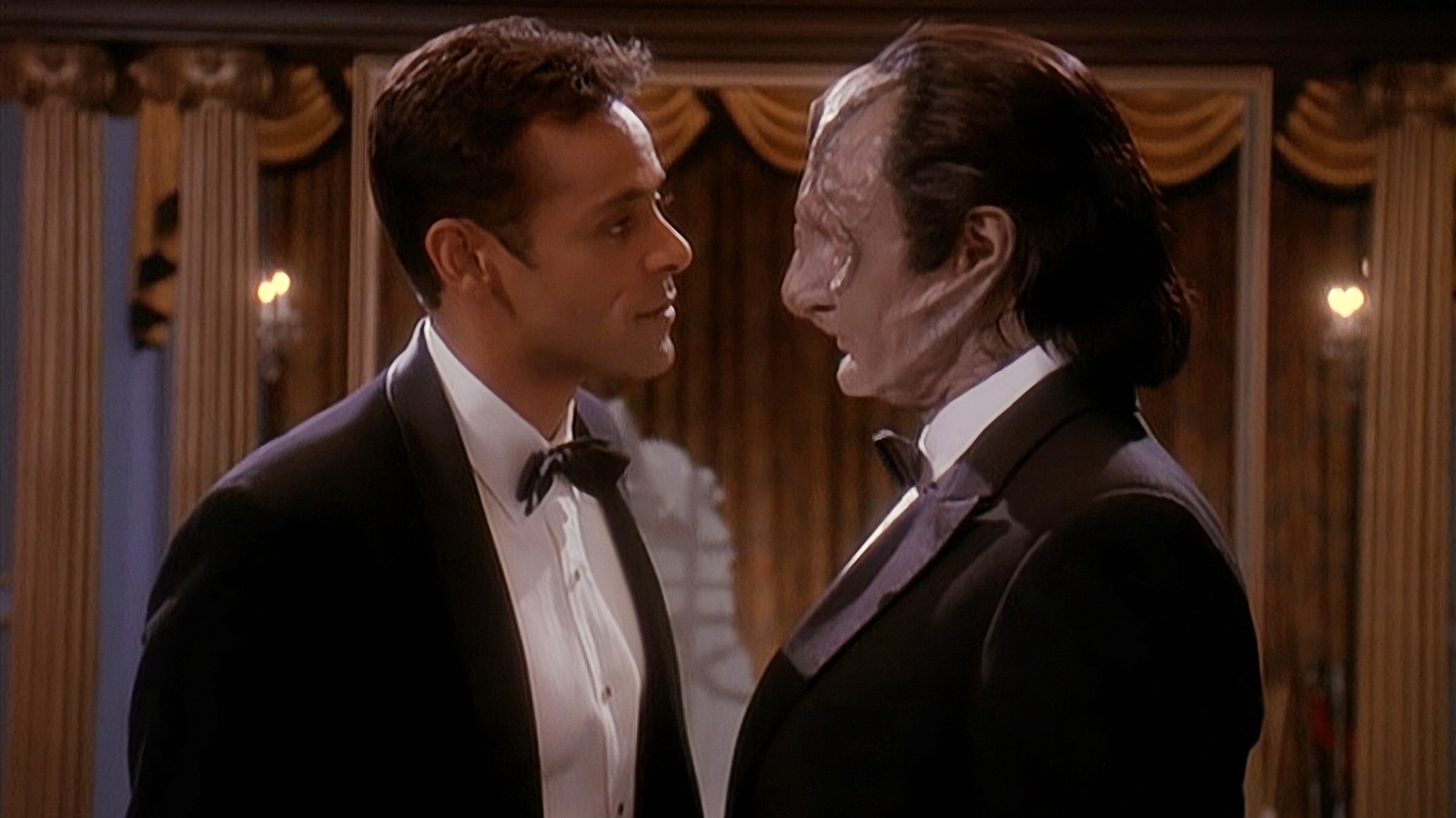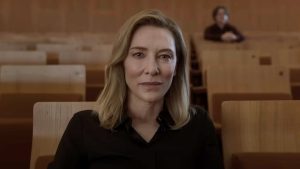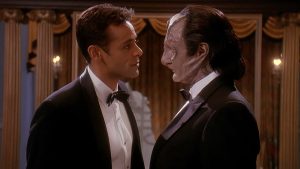
The Significance of Garak and Bashir’s Relationship in Star Trek
Star Trek has captivated audiences with its array of unique friendships, and perhaps one of the most compelling is the bond between Dr. Julian Bashir and Elim Garak on Star Trek: Deep Space Nine. Unlike the iconic duo of Captain Kirk and Commander Spock, who share a common background in Starfleet, Bashir and Garak epitomize the unlikely friendships formed in the wake of historical and cultural turmoil. With Garak, a former Cardassian operative harbored on a station that was once a hub of Cardassian oppression, and Bashir, an idealistic, genetically enhanced Starfleet doctor, their relationship dives deep into the complexities of identity, morality, and survival.
Garak’s presence challenges the utopian vision laid out by Gene Roddenberry, showcasing the more intricate realities of interspecies relations. Deep Space Nine pushed boundaries, often confronting the grim truths of war, particularly during the Dominion War, which forced Captain Benjamin Sisko to prioritize the lives of many over the principles of Starfleet. Characters like Garak introduce moral ambiguity into the narrative, representing a nuanced perspective often absent in previous Star Trek series.
Initially perceived as an antagonist, Garak evolves throughout the series. He was a highly skilled operative of the Obsidian Order, yet his portrayal transcends the archetype of a villain. As viewers learn about Garak’s tragic past and his struggles for acceptance, particularly in his friendship with Bashir, his actions become increasingly complex. The dynamic between Garak and Bashir showcases how their stark differences foster mutual growth. Garak’s enigmatic nature intrigues Bashir, who seeks to unravel the layers of his friend’s history, while Garak finds Bashir’s idealism both perplexing and refreshing.
The relationship takes a significant turn during the episode “The Wire,” where Garak confronts his past demons, revealing a surprising depth to his character. Bashir’s determination to understand Garak evolves into genuine friendship after Garak’s vulnerability surfaces. This bond allows Garak to display acts of empathy, challenging his previously self-serving tendencies.
Bashir, portraying youthful hope and intelligence, also undergoes a transformation through this friendship. While he begins as a confident, albeit naïve doctor, Garak’s experiences teach him the harsh realities of survival and the intricacies of trust. Their weekly lunches become a crucible for philosophical debate, symbolizing the growth of both characters as they navigate their vibrant, yet volatile lives.
Their connection is layered with an undercurrent of flirtation, raising questions about the nature of their bond. While the show could not explicitly explore this avenue due to the constraints of its time, the implication of a deeper relationship lingers. The actors themselves, Alexander Siddig and Andrew Robinson, have acknowledged the ambiguity of Garak’s character, hinting at a complexity in his interactions with Bashir.
In later works, such as the animated series Star Trek: Lower Decks, their potential romantic involvement is playfully acknowledged, satisfying fans who have long speculated on their connection. Even if the romantic aspect remains ambiguous, the core of Garak and Bashir’s friendship is undeniably profound. They represent a microcosm of Star Trek’s broader exploration of understanding and empathy across differences.
Ultimately, Garak and Bashir’s relationship transcends mere companionship. In a universe where conflict often overshadows cooperation, their bond stands as a testament to the enduring power of friendship, illustrating Star Trek’s foundational belief in the potential for understanding between vastly different beings. Their journey together exemplifies the series’ core message: that true connection can be found even in the most unexpected of partnerships.




